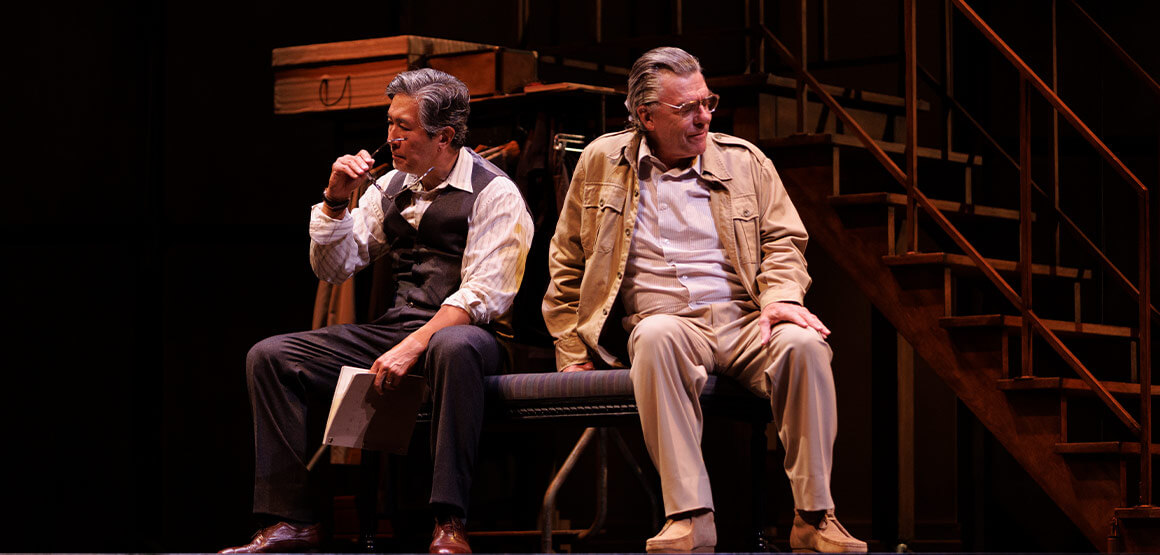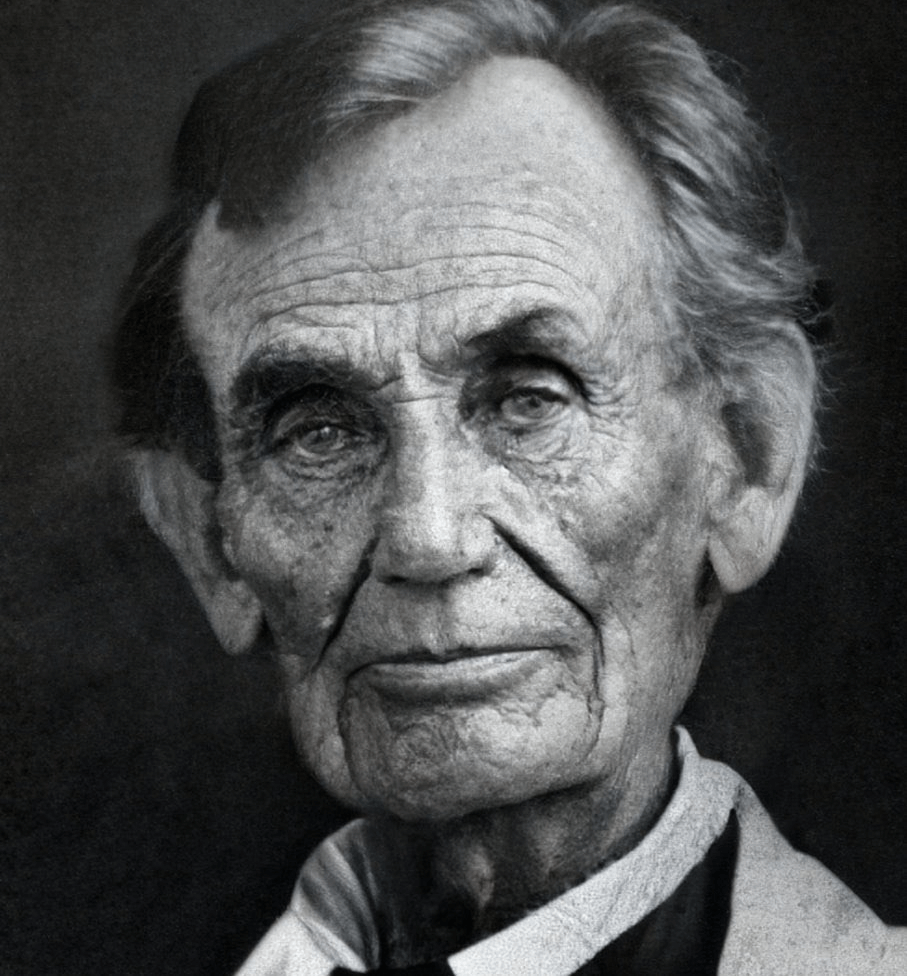Land of Hope:
An Invitation to the Great American Story
By Wilfred M. McClay
(Encounter Books, 2019)
The eminent historian Wilfred M. McClay has produced his masterwork, a sweeping overview of American history titled Land of Hope: An Invitation to the Great American Story. Written most immediately for high school students taking Advanced Placement courses, the book looks and feels the part of a history textbook. But unlike most of those dreary tomes, it reads like a bestselling thriller. In finely wrought yet readable prose, history comes alive in McClay’s expansive and thoughtful appraisal of the American story.
The ground the book covers is immense. McClay begins by discussing the first people who made their way across the Bering Strait tens of thousands of years ago and ends with some thoughts on President Donald Trump.
McClay rejects the ideological retelling of history for partisan ends represented by the likes of Howard Zinn. He denies that history is a simplistic dialectic of competing “isms.” Instead, McClay examines the vast palette of rich and deep colors that make up life as it is actually lived, complete with human beings who possess “an all-too-human mixture of admirable and unadmirable qualities.” He recounts America’s history not from the improbable vantage point of neutrality (as if humans could achieve such a thing) but of scholarly objectivity, neither embellishing America’s achievements nor hiding its shortcomings.
Land of Hope’s purpose, however, is not simply to relay a series of well-told stories about America. It is to tell the American story to Americans who, whether from amnesia or a simple lack of familiarity, do not know nearly enough about their past. In McClay’s anthropology, we are created beings whose preservation rests on safeguarding our collective memory. Should that memory ever be swept away by the hurricane-force winds of modern culture, we will be disconnected from our past and thereby lose our nation forever.
Seeking to ameliorate this increasingly dire situation, McClay writes that his project was to fashion an “accurate, responsible, coherent, persuasive, and inspiring narrative” that seeks to equip Americans with “the responsibilities of citizenship.” “The goal, in short,” he states, “is to help us be full members of the society of which we are already a part.”
Central to the theme of American citizenship is the principle of republican self-government, which features prominently in this work. McClay illustrates how Americans prepared themselves to rule and be ruled for well over one hundred years prior to 1776, learning the “habits of self-rule” through colonial assemblies—habits that would become the very “heart” of the American Revolution. As Thomas Jefferson once wrote: “The qualifications for self-government in society are not innate. They are the result of habit and long training.”
The principle of self-rule was articulated most clearly in the Declaration of Independence’s “bold assertion” that because “all human beings are created equal,” no man has a right to rule another without his consent. Free government, in other words, derives its legitimacy from the consent of the governed. And consent derives its legitimacy from a standard of justice rooted in the very fabric of nature itself. McClay then catalogues how American self-government faced (and still faces) a string of challenges from chattel slavery, nullification, secession, Progressivism, and our current “pervasive debt.”
McClay understands the roots of the American regime in both form—constitutional government whose architecture is undergirded by natural rights—and matter—a people with the virtues and habits conducive to republican government. Unlike some recent accounts of America that lean too heavily on either the universal or the particular, McClay weaves together a balanced and compelling account of the American founding and the patriotism it inspires.
Against the punditry and most of academia, which see patriotism as evidence of deep authoritarianism and latent illiberalism, McClay argues that patriotism is “an utterly natural sentiment whose primal claims upon our souls we deny at our peril.” American patriotism is an elevation of this sentiment, combining both creed and culture. It encompasses the people, traditions, practices, religion, institutions, historical landmarks, geography, public speeches, and battles waged at home and abroad in which Americans gave their “last full measure of devotion.”
Patriotism rightly understood teaches the truth that “one of the deepest needs of the human soul is a sense of membership, of joy in what we have and hold together in common.” For our Creator made us “political animals” who were designed to “live in community”—a nature that is at stark odds with liquid modernity.
Land of Hope is, then, a perfect antidote for what ails contemporary society: ideology wrapped up in a reductive analysis centered on the lone self free from any loyalties to family, community, or country.
But history is not a logarithmic curve, culminating in the woke, cosmopolitan, skinny-jean-wearing Silicon Valley coder as the apex of thousands of years of human development. McClay understands that in order to avoid making history into an exercise in vainglory and self-aggrandizement, we must “see historical actors as speaking and acting in their own times rather than ours.” The historian, he tells us, “is of greater service when he is a recording angel rather than a hanging judge.”
To his vast credit, McClay says very little about the past two decades, understanding both his influential position as a historian and also the nearly impossible task of accurately assessing our current time. “If history teaches us anything,” he notes, “it is that we only rarely have the power to grasp the meaning of events as they are occurring.” Would that other contemporary historians heeded such wisdom.
Yet McClay also cuts against conventional historiography. Far from promoting radical laissez-faire policies to mitigate the Great Depression, President Herbert Hoover was actually “quite comfortable” with close coordination between business and government, a policy rejected by previous Republican presidents Calvin Coolidge and Warren G. Harding. Though the firebrand Senator Joseph McCarthy certainly had his manifest foibles in conducting congressional investigations, McClay explains that, yes, “espionage was a serious problem” and “there were foreign communist agents active in the U.S. government.”
In a book that covers such a vast period of history, one can find fault with certain aspects of McClay’s analysis. Is the Protestant Reformers’ doctrine of sola scriptura best defined as when individuals arrive “at their own interpretation” of the Bible “according to the dictates of their consciences”? Did two Supreme Court justices alter “their position in response to the political situation,” that is, FDR’s threats to pack the Supreme Court? (Historian Paul Moreno provides evidence that Justice Owen Roberts’s switch in West Coast Hotel v. Parrish was “not in response to the court-packing plan” nor did it “signal a great shift in American constitutional law.”)
But these points aside, McClay has written a magnificent book that should be the standard account of American history going forward. He understands the crucial insight of the late Peter Schramm: Americans are not simply born—they are made. ♦
Mike Sabo is an editor at Real Clear Public Affairs.
Founded in 1957 by the great Russell Kirk, Modern Age is the forum for stimulating debate and discussion of the most important ideas of concern to conservatives of all stripes. It plays a vital role in these contentious, confusing times by applying timeless principles to the specific conditions and crises of our age—to what Kirk, in the inaugural issue, called “the great moral and social and political and economic and literary questions of the hour.”
Subscribe to Modern Age »













